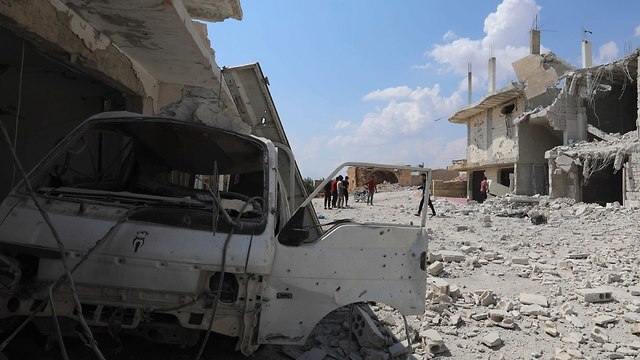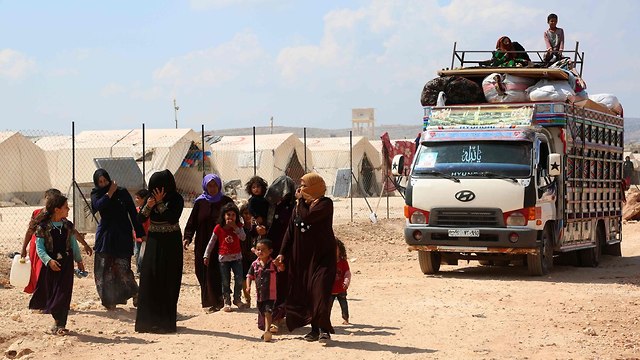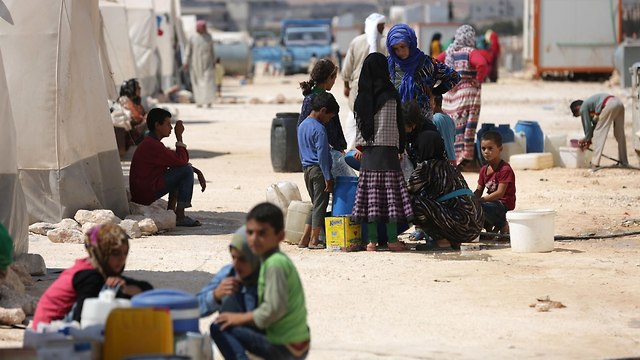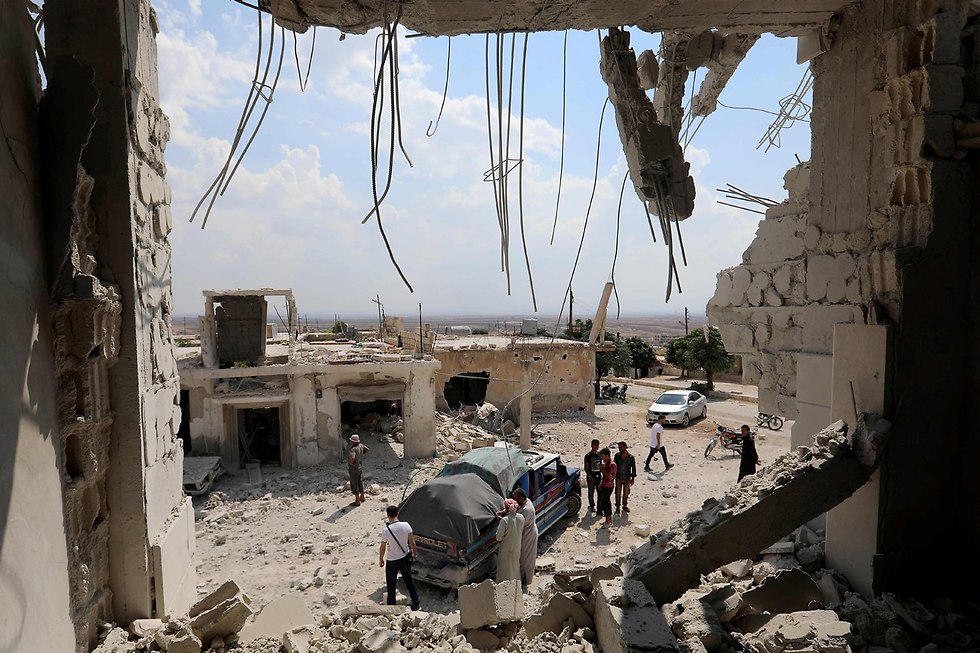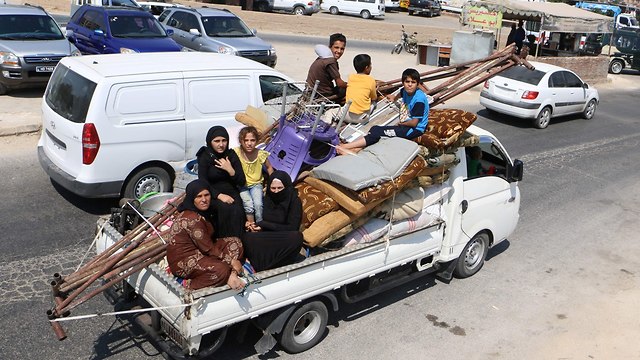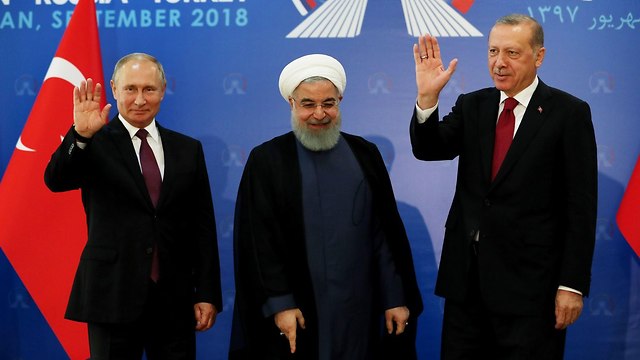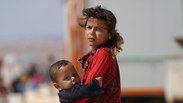
According to sources, President Trump threatened to conduct a massive attack against Assad if he carries out a massacre in Idlib, the northwestern province that has become the last refuge for more than three million people and as many as 70,000 opposition fighters that the regime considers to be terrorists.
In the last couple of days, more than 5,400 people have escaped their homes in Idlib and became refugees. According to the Syrian Observatory for Human Rights, in the last 72 hours 1,060 Russian and Syrian air and ground strikes took place in the region.
At least 24 civilans have been killed during the 241 air strikes.
The Hama region has also been under attack, reports say.
The Syrian news agency SANA quoted a Russian defense ministry official, who said that, “the terrorists in Syria have developed an ability to use chemical weapons, and they receive technical and financial support from abroad. They are entrenched in Idlib and we have no choice but to react to their crimes.”
General Joseph Dunford, US Chairman of the Joint Chiefs of Staff, said Saturday he had spoken to President Donald Trump about the possibility of attacking in Syria in case Assad's regime will use chemical weapons in Idlib.
Dunford said during his visit to India that a decision has not yet been made on this matter, but that, “the president expects us to provide a military solution. We are in constant dialogue with him and update him regularly on developments and military options.”
More than three million people live in the rebel-held area, with 70,000 of them being defined as terrorists by the Syrian government.
Half of the residents living in the Idlib area are already displaced from other regions in Syria, or have moved to the region after agreements of surrender were reached in areas recaptured by Assad.
The remaining residents stock up on food and dig shelters. Others turn to Turkey to prevent a military operation that will end in disaster.
“We are preparing what we can— improvised masks we can put on our children’s faces in case we are attacked with chemical weapon,” said 20-year-old Hudeifa from a village in the Idlib vicinity.
A special UN inquiry committee determined last April that a Syrian jet attacked Khan Shaykhun with chemical weapon. More than 80 people were killed.
It has also been suggested that Syrian forces used chlorine and other chemical weapons more than twenty times since the civil war began in March 2011.
Damascus and Moscow denied any use of a chemical measures, US and French officials warned Assad of using such weapons and threatened to retaliate.
Russia renewed its attacks on Idlib last Tuesday after a 22-day break, during which the Syrian army continued to bomb the area.
Iranian, Turkish and Russian leaders met during the weekend and discussed Syria's future once its civil war ends.
Turkish President Recep Tayyip Erdoğan insisted that there is no point in ceasingfire when the rebels are not included in future agreements. However, Turkey also objected Syrian and Russian attacks on Idlib and warned of a mass massacre.
Tehran and Moscow continued to back Assad, and said that their forces will continue to aid the Syrian army in wiping out rebel forces backed by the West.















